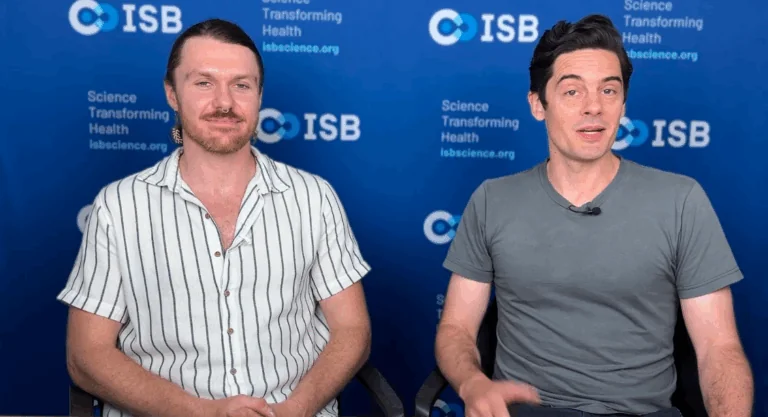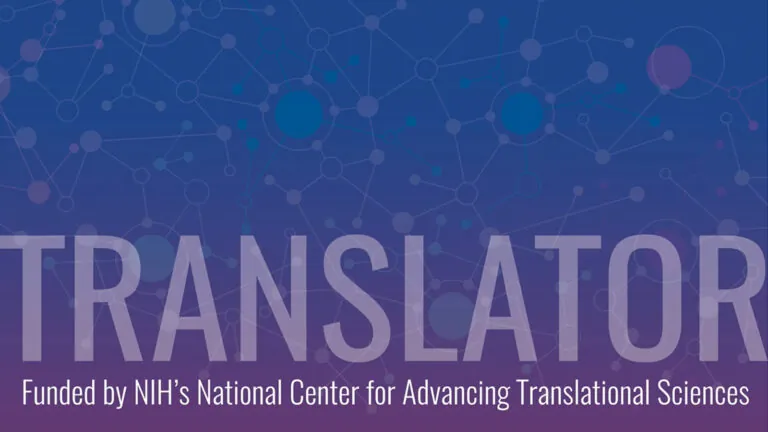Personalized Coaching Decreases Cognitive Decline in Early-Stage Alzheimer’s Disease Patients
Supplementing the standard of treatment for Alzheimer’s disease patients with personalized lifestyle coaching leads to less cognitive decline compared to standard of treatment alone, according to an ISB-led two-year study. The results were published in the Journal of Alzheimer’s Disease.

Supplementing the standard of treatment for early-stage Alzheimer’s disease patients with personalized lifestyle coaching leads to less cognitive decline compared to standard of care alone, an ISB-led study shows. An early online version of this paper detailing the findings has been published, and is scheduled for publication in the November issue of Journal of Alzheimer’s Disease.
In a prospective randomized controlled trial called Coaching for Cognition in Alzheimer’s (COCOA), researchers compared two cohorts – one made up of 24 participants who received standard of care, the other made up of 31 participants who received standard of care plus telephonic personalized coaching for lifestyle interventions.
“Over a two-year period, our trial showed that personalized lifestyle coaching in addition to standard of care decreases the amount of cognitive decline in patients on the Alzheimer’s disease spectrum,” said ISB Senior Research Scientist Dr. Jared Roach, who led the trial. “This is evidence that personalized coaching focused on diet, exercise, brain training and other lifestyle factors should be part of the first line of dementia care and prevention.”

Specifically, the cohort that received coaching intervention saw Memory Performance Index (MPI) scores improve an average of 2.1 points compared to controls, and showed slower deterioration in Functional Assessment Staging Test (FAST) scores – significant results that are better than any known pharmaceutical interventions.
Personalized coaching focused on dietary recommendations based on the MIND diet, physical activity recommendations based on U.S. public health guidelines, cognitive training through BrainHQ, and recommendations for sleep and stress management.
COCOA trial results confirm the findings of an oft-cited Finnish study called FINGER – Finnish Geriatric Intervention Study to Prevent Cognitive Impairment and Disability – that showed that a combination of exercise, diet and cognitive training can prevent cognitive decline in older, at-risk adults. COCOA extends these results to a more initially impaired population, validates them in the United States, and underlines the importance of personalized therapy.
“The lifestyle intervention results of the COCOA trial provide a treatment that is far more affordable, has no adverse effects, plus has an effect as big as and potentially larger than that reported with the most recent, FDA-approved treatments for Alzheimer’s disease,” said Dr. William Shankle, an expert in neurodegenerative disorders, and co-lead of the COCOA trial.
Researchers aim to build on these results by combining coaching with drugs, such as Lecanemab.
“A critical next step is to test if we can further reduce patients’ cognitive decline by pairing personalized, multimodal coaching with Alzheimer’s disease drugs currently on the market,” Roach said.
The COCOA trial was funded by Providence as part of the health system’s Alzheimer’s Translational Pillar.


